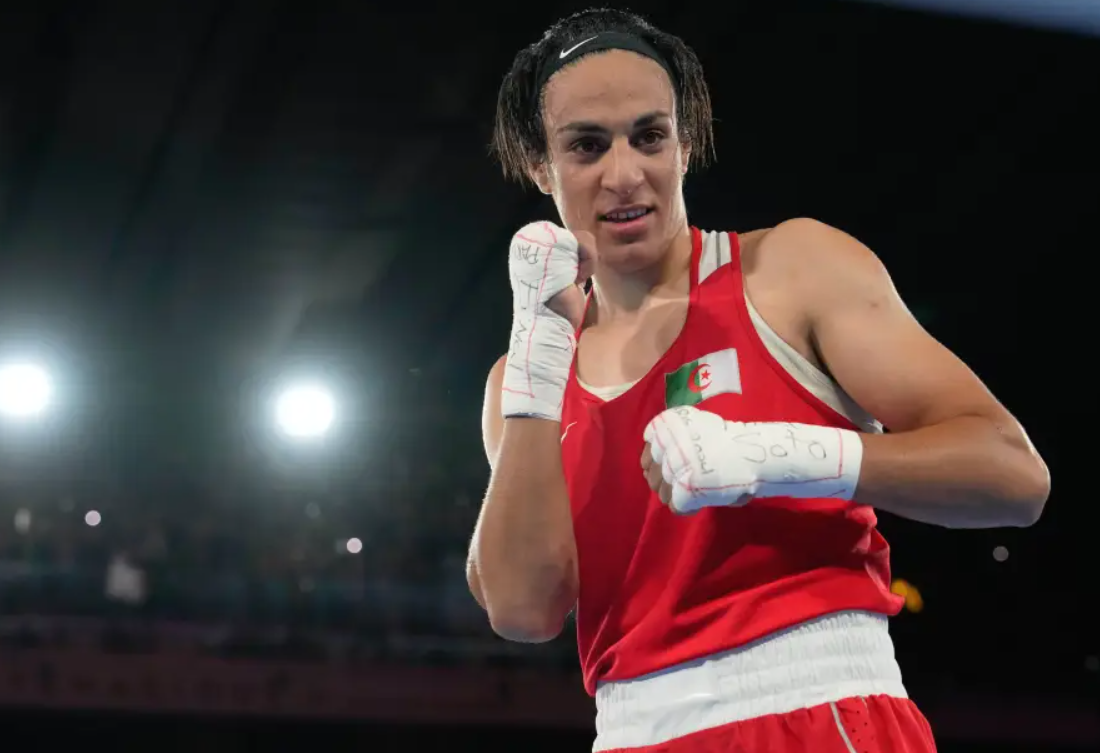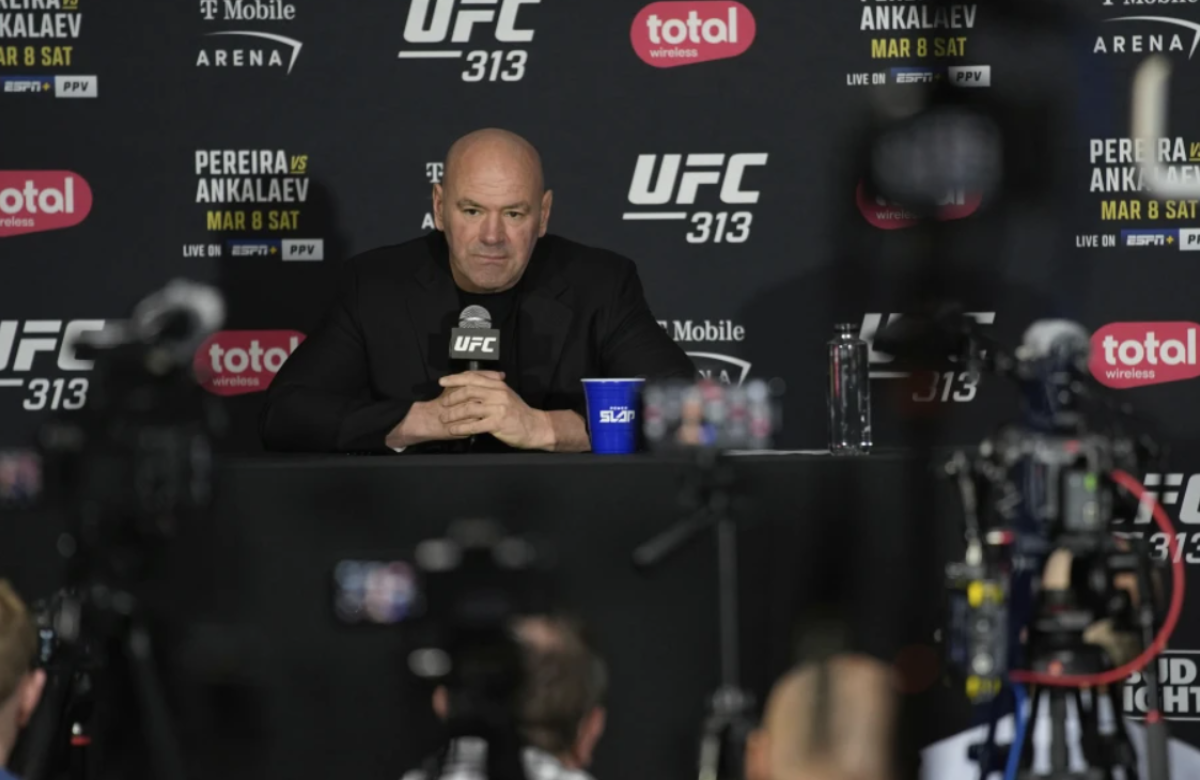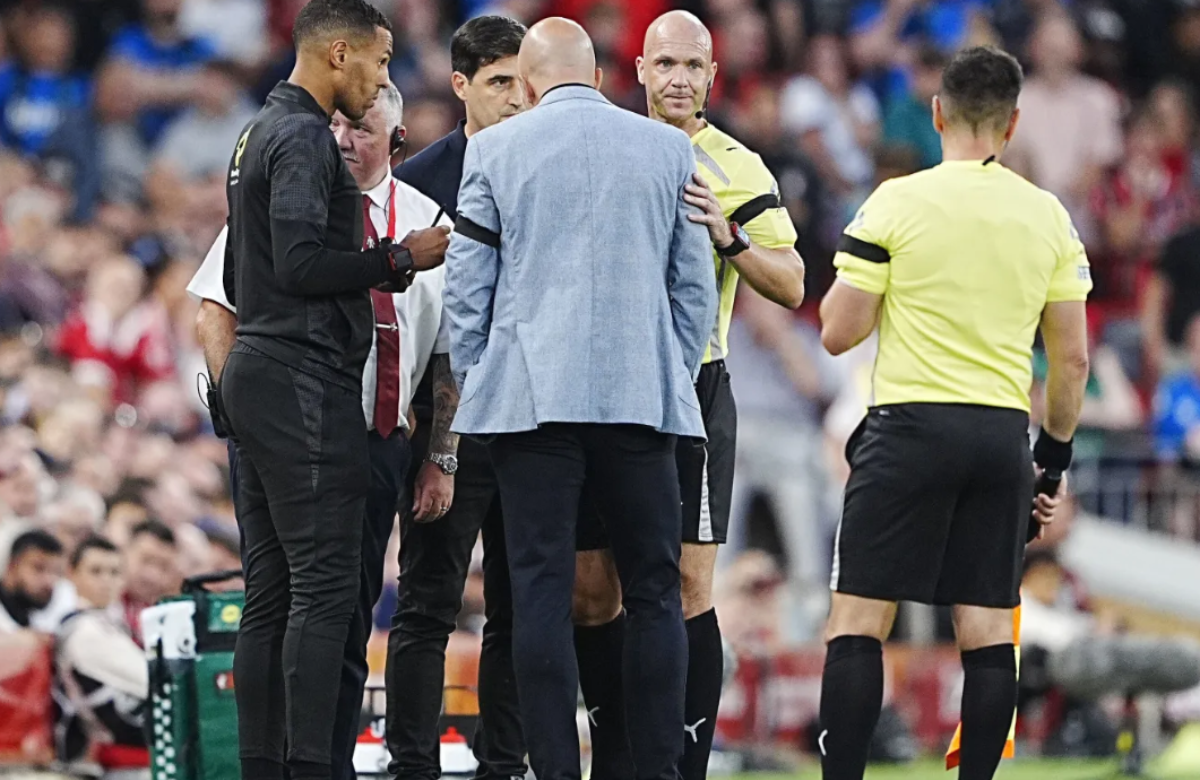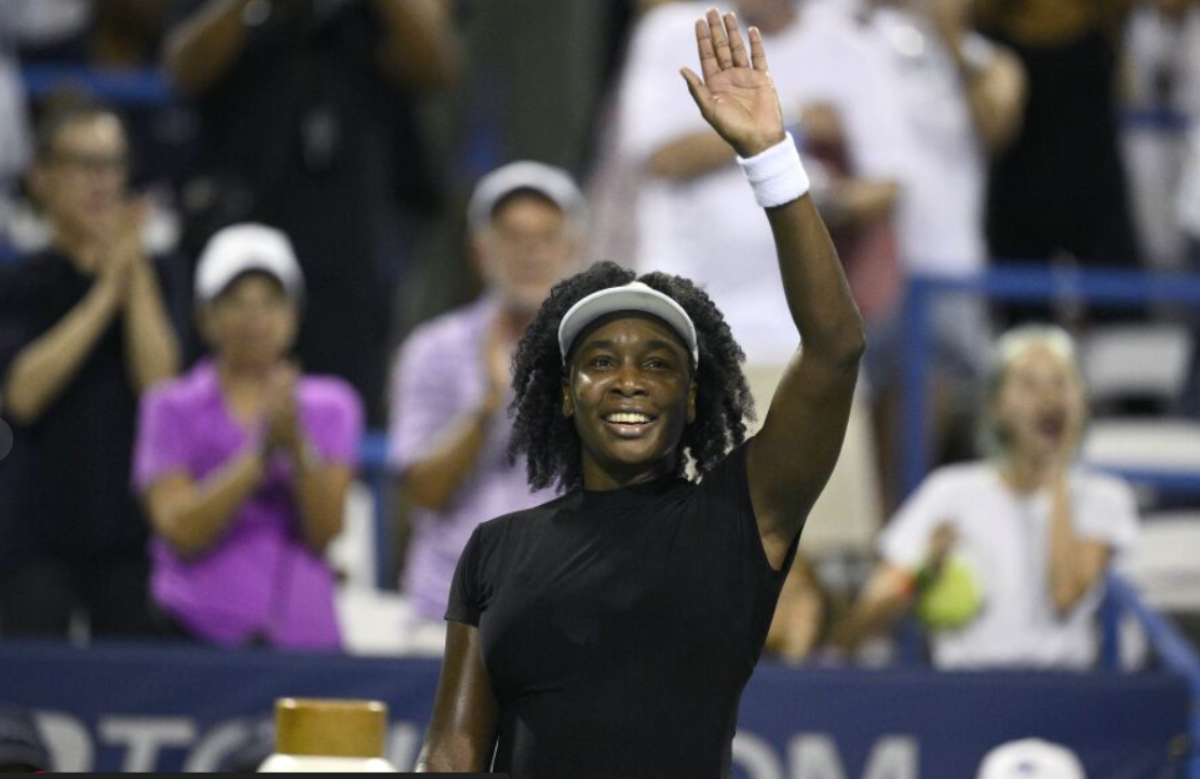Olympic boxing champion Imane Khelif is now required to undergo genetic sex testing to compete in upcoming events under the sport’s new governing body.
World Boxing announced on Friday that all athletes must pass mandatory sex screening, specifically naming Khelif, the Algerian gold medalist, who must be tested before being cleared to fight at future competitions, including the Eindhoven Box Cup next month in the Netherlands.
This new policy on “Sex, Age and Weight” aims to ensure athlete safety and maintain fair competition between men and women. National boxing federations will handle the testing and submit results to World Boxing.
Khelif won gold at last summer’s Paris Olympics amid controversy involving her and Taiwan’s Lin Yu-ting, another gold medalist. The previous governing body, the Russian-led International Boxing Association (IBA), disqualified both from its 2023 world championships after alleging they failed an unspecified eligibility test.
The International Olympic Committee (IOC) managed boxing at the last two Olympics after removing the IBA due to longstanding issues. Under IOC rules, Khelif and Lin were deemed eligible to compete.
Khelif plans to return to international competition next month as part of her effort to defend her Olympic title in Los Angeles, but some boxers and federations have protested her participation.
Chromosome testing was widely used in Olympic sports during the 20th century but largely fell out of favor in the 1990s due to complexities in cases involving differences in sex development (DSD). Many sports shifted to hormone testing, which presents challenges for governing bodies deciding on eligibility for women with naturally high testosterone levels.
Recently, World Athletics (track and field’s governing body) reintroduced chromosome testing, requiring female athletes to undergo the test once in their careers.
World Boxing, set to replace the IBA at the Los Angeles Games, has faced pressure to establish clear sex eligibility standards. Its new rule requires all athletes aged 18 and older to take a polymerase chain reaction (PCR) genetic test, which analyzes chromosomal material via mouth swab, saliva, or blood.
If an athlete competing in women’s categories is found to have male chromosomes, initial results will be reviewed by independent clinical experts who may conduct further genetic, hormonal, anatomical, or endocrine evaluations. The policy also provides an appeals process.
This decision comes amid ongoing debate over sex eligibility and transgender participation in sports—a topic that has drawn international attention and political involvement, including comments from former President Donald Trump and other conservative leaders.
Earlier this year, World Athletics proposed strict rules targeting athletes with naturally high testosterone levels and banned transgender women who transitioned after male puberty from competing in female events. Its president, Sebastian Coe, expressed confidence that these rules will hold up against legal challenges.
At 26, Khelif competed in women’s boxing without controversy under the IBA until the 2023 world championships. Her breakthrough came with her dominant gold medal win in the women’s welterweight division at the Paris Olympics.















